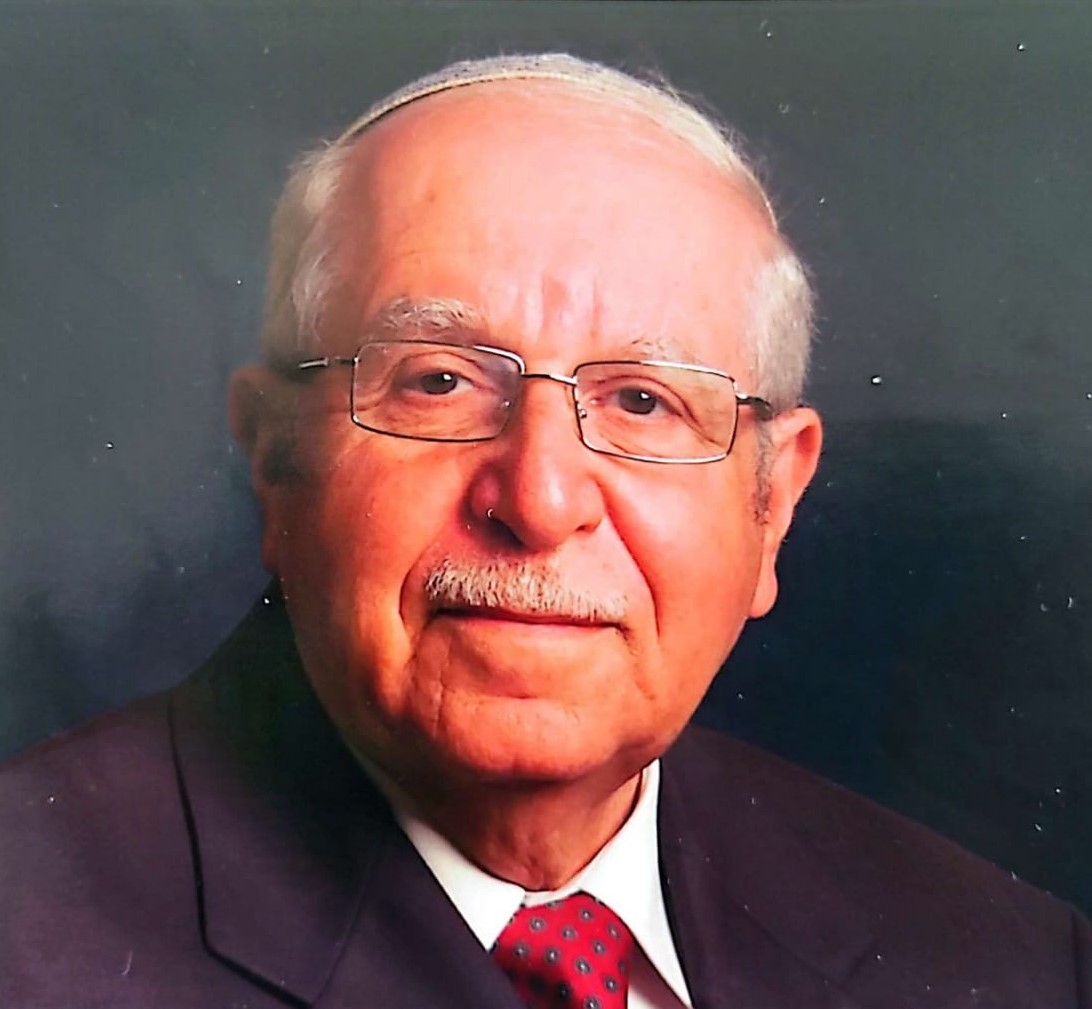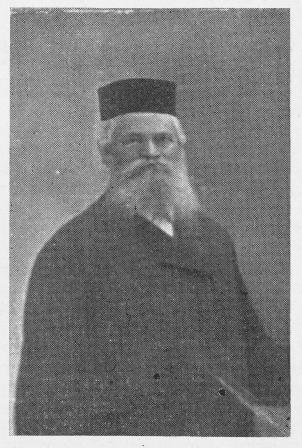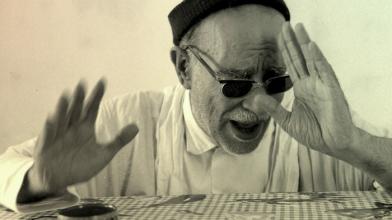Hazzan Ezra Barnea, was born in the Bukharian quarter of Jerusalem in 1935 to Rabbi Nehemiah Ezra Mizrahi, a scion of a family of Persian origin. His adopted surname, Barnea, consists of the first letters of his fathers’ name Bar (son of) Nehemia ‘Ezra. Above all Barnea was an educator, but also a synagogue musician, paytan and cantor, an expert on the Jerusalem Sephardic tradition of which he was one of its true representatives as well as a scholar of that same tradition.
Barnea started his studies at the "Talmud Torah Mizrahi" elementary school and later transferred to the "Aluma" school. Having a pleasant voice since childhood, he started to serve from a young age as assistant to notable Sephardic and Oriental cantors of the time. Attentive as he was to the variety of liturgical traditions of the Jerusalemite synagogues that surrounded his neighborhood, he became acquainted with the prayer customs of different ethnic groups. He also learned and became expert in the bakashot repertoire of Jerusalem, a repository of paraliturgical music in which different Oriental traditions of piyyut singing coalesced with the dominant tradition of the Jews from Aleppo (Syria).
In 1948, he began studying at the Shaarei Tziyon Yeshiva with Rabbi Ben-Zion Meir Hai Uziel, and after completing his studies he enlisted in the IDF. After being released from the service, he became involved with the educational system, serving as a school principal in the Adulam region. In 1962, he returned to Jerusalem and was appointed deputy principal of the "Anaf HaHayim" school and in 1967 as principal of the "Moriah" school.

In 1985, Barnea became director of the Institute for Religious Music, renamed “Renanot – Institute for Jewish Music” in Jerusalem, an institution dedicated to the preservation of the Jewish musical heritage and its dissemination. He engaged in a vigorous effort to document extant Jewish musical traditions, collaborating in this endeavor with the Sound Archive of the Jewish National and University Library (today the National Library of Israel), the Jewish Music Research Centre at Hebrew University, and the Department of Music at Bar Ilan University. The products of this documentation were published by Renanot in hundreds of cassettes and later on CDs edited by Barnea, each dedicated to a liturgical tradition, to a certain theme or to a single composer. Unique in particular among these publications are the series of pedagogical recordings aimed at teaching synagogue cantors the Arabic maqam system and its application to Jewish prayers.
Within “Renanot”, Barnea founded the “Central School for Cantors and Jewish Singing” first in Jerusalem and Bat Yam and later in other cities throughout Israel. The curricula of this School’s branches included the teaching of cantorial music in various liturgical and piyyut traditions. and also served there as a volunteer cantor. Barnea taught at the School while at the same time he volunteered his services as cantor, especially at the Heikhal Yaakov Synagogue in his Jerusalem neighborhood, Kiryat Moshe.
Barnea founded the public committee to promote the publication of the writings of his revered teacher of youth, the Rishon LeTzyion (Chief Sephardic Rabbi of Israel), Rabbi Ben-Zion Meir Hai Uziel (1880-1953). His acquaintance with Rabbi Uziel began at the age of thirteen years when the rabbi invited him to study in his yeshiva despite his young age. In the last two years of Rabbi Uziel's life, Barnea would come to the rabbi's house every day and transcribe his book "Hegyonei Uziel" from the rabbi's handwriting. Since 1987, thirty-three volumes from the rabbi's estate were published by Barnea’s committee, and films about the Rabbi’s life were produced. One of these films was produced by Yitzhak Recanati, a long-time partner of Barnea at Renanot. Barnea can be seen and heard in this film.
In 2009, Barnea retired from Renanot. On that same year, he was honored by his beloved city of Jerusalem with the title Yakir Yerushalayim, an honorary title bestowed by the city’s council to its outstanding citizens in recognition for their services and contributions to society.
With the demise of Ezra Barnea, the last one of his generation of cantors and teachers of cantors, the Jewish people has lost an irretrievable source of knowledge and inspiration. Yet, the enormous archive he had endowed to future cantors and scholars and the torch that he had directly passed on to his disciples will ensure that his legacy will remain alive for generations to come.






